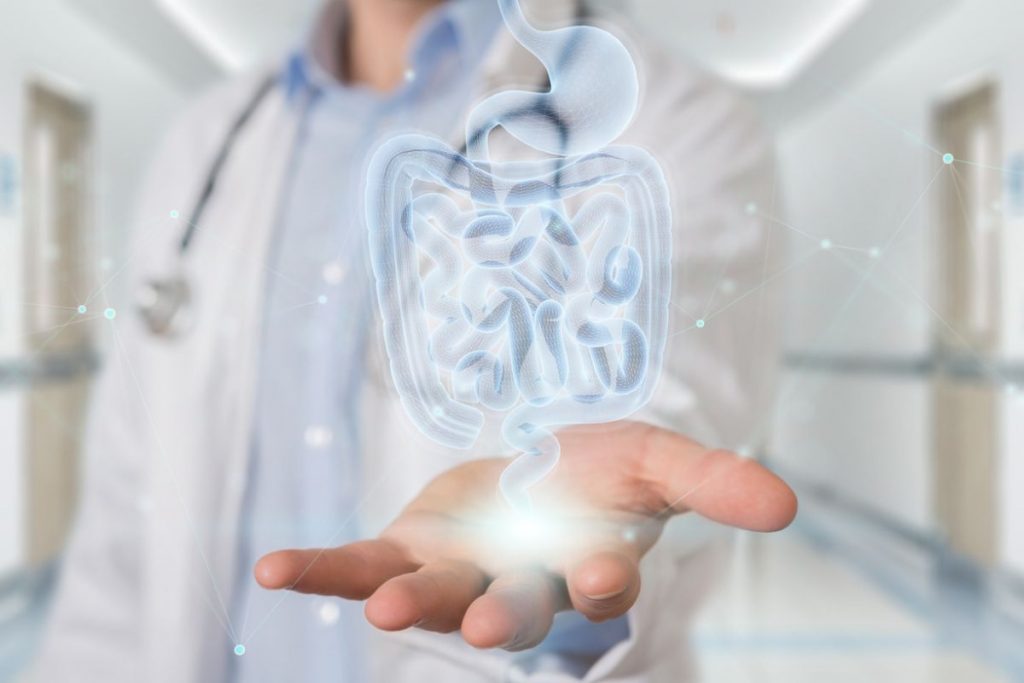
Is There a Link between Microbiome and Fertility?
The human microbiome is a complex and diverse ecosystem of microorganisms that inhabit our bodies. Recent research has shown that the microbiome plays a crucial role in maintaining our overall health and well-being, including our fertility. The microbiome is made up of trillions of microorganisms that reside in various parts of the body, including the gut, skin, mouth, and reproductive tract. These microorganisms play a critical role in maintaining our health by helping to regulate our immune system, metabolism, moods, and digestion. They also play a critical role in maintaining the health of our reproductive system.
An imbalance in the microbiome (also called dysbiosis) of the reproductive tract can impact all aspects of conception. For example, an overgrowth of some of the normal vaginal flora can lead to bacterial vaginosis. This can lead to inflammation and irritation of the reproductive tract. Bacterial vaginosis is associated with a number of health outcomes, including increased risk for infertility, adverse pregnancy outcomes and pelvic inflammatory disease.(1)
While we don’t know everything about pelvic inflammatory disease, it appears that only about half of the cases are caused by sexually transmitted infections, leaving researchers to wonder if bacterial vaginosis might be migrating into the uterus and fallopian tubes, wreaking havoc there.
Another important role of the microbiome is its impact on the health of the lining of the uterus, called the endometrium, which provides a supportive environment for the fertilized egg to attach and begin to grow. Researchers think that the endometrial microbiome plays a critical role in maintaining the health of the endometrium and promoting implantation.
An imbalance in the endometrial microbiome may impact the receptivity of the endometrium. Researchers also hypothesize that bacterial imbalance in the uterus might trigger an overactive immune response, which could cause the body to reject implantation. Research shows that women with endometrial dysbiosis are much less likely to be able to get pregnant or maintain a pregnancy.(1)
The urogenital microbiome includes the prostate, testes, and semen. An imbalance in the urogenital microbiome can lead to the production of inflammatory molecules in the prostate and testes, which can negatively impact sperm production and quality. This can lead to issues such as low sperm count and motility.
The microbiome can also affect fertility through its impact on the health of the semen. Semen is a complex mixture of fluids that contains sperm and various other components, including enzymes, hormones, and microorganisms. An imbalance in the semen microbiome can negatively impact sperm quality, making conception more difficult. The semen microbiome has also been shown to impact the vaginal microbiome, with the possible outcome of recurrent bacterial vaginosis.
The gut microbiome also plays a critical role in fertility. The gut microbiome helps to regulate our immune system and metabolism, which are both important for maintaining our overall health. An imbalance in the gut microbiome can lead to inflammation and irritation of the gut, which can lead to issues such as autoimmune disorders and subsequent issues with fertility.
Research has also shown that the gut microbiome plays a critical role in regulating our hormones, which are essential for fertility. The gut microbiome helps to regulate the production of hormones such as estrogen and progesterone, which are essential for ovulation and menstruation, and testosterone, which is crucial for sperm production and sexual function.
Overall, the human microbiome plays a crucial role in maintaining the health of the reproductive system and overall health. The best way to maintain a healthy microbiome is to eat a balanced diet with plenty of vegetables and fruit, high-quality protein, and healthy fats. Signs of a healthy gut microbiome are daily bowel movements that are well-formed and easy to pass, with minimal gas and bloating – and no loose stools or constipation.
Avoiding foods that cause gas and bloating can positively impact fertility. Taking a high-quality probiotic supplement and eating probiotic-rich fermented foods like yogurt, kimchi, miso, and sauerkraut, can also help maintain a healthy balance in the microbiome. Talk to your provider about your microbiome and fertility to find ways to increase your chances of conception.
Established patients can schedule online, patients who haven’t seen us at Kwan Yin Healing Center call (503) 701-8766, or email us to schedule your appointment.




